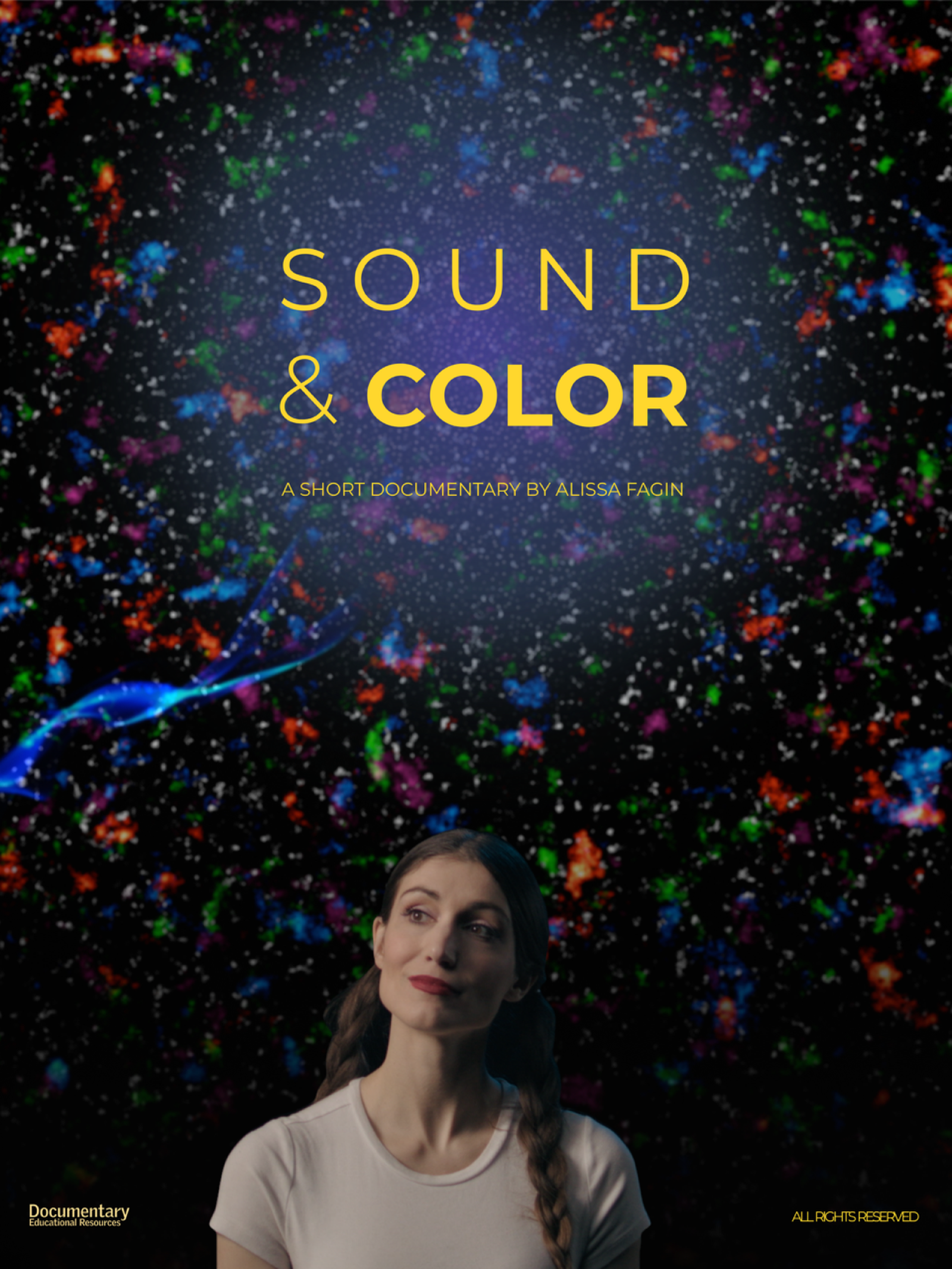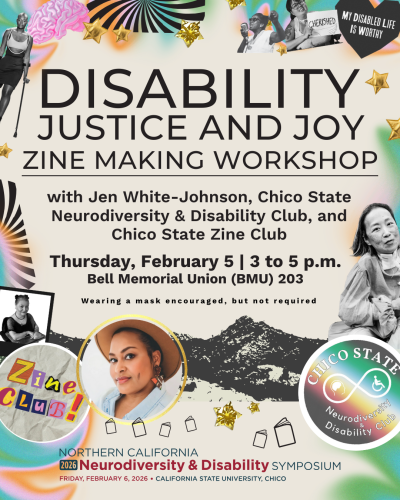Keynote Speakers | Schedule at a Glance | Session Descriptions
Registration | About the Symposium
2026 Keynote Speakers
Keynote Speaker (virtual): Kaelynn Partlow
Diagnosed with autism at age 10, Kaelynn Partlow brings lived experience and clinical expertise to her work as an autism advocate. She began her journey at Project Hope Foundation, where she was first a student, then hired in 2015 as a Registered Behavior Technician.
In 2022, Kaelynn reached a global audience as a featured cast member on Netflix’s Love on the Spectrum US. Since then, she’s become a published author and social media creator with a following of millions. Her content blends advocacy, education, and humor to challenge misconceptions about autism and create a more inclusive world.
Through her speaking engagements, Kaelynn offers practical strategies, personal storytelling, and hard-earned insight into how we can better support autistic individuals across all ages and environments.
Keynote Speaker: Joey Travolta
Joey is the Creator, Co-Producer and Director of Lights, Camera, Friendship on the Spectrum. Born into a show business family, Joey began his career as a performer in 1978 as a recording artist with Casablanca Records and starred in the feature film, Sunnyside (1979). Joey has directed and produced over 20 films, including the critically acclaimed Enemies of Laughter (2000.) Prior to singing, acting, and directing, Joey worked as a special education teacher in New Jersey.
In 2005, Joey produced the documentary Normal People Scare Me, while mentoring a fifteen year old boy with autism who directed the film. Inspired by that experience, Joey developed the curriculum for Inclusion Films, a program that has served hundreds of aspiring neurodivergent filmmakers. Inclusion Films has a mission of inclusion—to train people with different abilities in the art of filmmaking—helping to create a shift in employment opportunities for individuals with developmental disabilities. The soft skills learned in the training program can be applied to other jobs and all aspects of their life.
Symposium Schedule
Friday, February 6, 2026
| 7:30–8:15 a.m. | Coffee & Registration (Bell Memorial Union-Auditorium) |
| 8:15 a.m. | Welcome |
| 8:30–9:30 a.m. | Keynote: Kaelynn Partlow (virtual) |
| 9:45–10:45 a.m. | Concurrent Session #1: Virginia Spielmann, Executive Director, STAR Institute Concurrent Session #2: Emily Raclaw, Executive Director, On Your Marq, Marquette University |
| 11:00 a.m.–Noon | Concurrent Session #3: Christine Romeo, Speaker and Advocate for Autism Awareness Concurrent Session #4: Nicole Sparapani, Ph.D., UC Davis MIND Institute |
| Noon–1:00 p.m. | Lunch on Your Own |
| 1:00–1:15 p.m. | Sound & Color Documentary (Optional but encouraged.) |
| 1:30–2:30 p.m. | Concurrent Session #5: Blake Warner, Ph.D., Chief Clinical Fellow, UCLA Semel Institute for Neuroscience and Human Behavior Concurrent Session #6: Student Disability Panel moderated by Alycia Anderson, Motivational Speaker/Disability Advocate |
| 2:45–3:45 p.m. | Session #7: Hari Srinivasan, Ph.D. Candidate in Neuroscience at Vanderbilt University (virtual) Session #8: Dena Gassner, Senior Research Scientist, AJ Drexel Autism Institute: Drexel University |
| 4:00–5:00 p.m. | Closing Keynote: Joey Travolta |
| Read Session Descriptions ⇒ | |
Documentary Film
 Return from lunch at 1 p.m., and join us for a 12-minute film with a video introduction by the director.
Return from lunch at 1 p.m., and join us for a 12-minute film with a video introduction by the director.
Sound & Color is a short film about an artist with sound-to-color synesthesia. She collaborates with the film team to animate her visual experience of sound for the first time–a nuanced process that is both technically challenging and profoundly personal.
View the film teaser and plan to join us!
In Conversation with Abbey & Christine Romeo
Thursday evening special event for registered symposium attendees.
 We're excited to welcome back Christine Romeo and Abbey Romeo for an engaging, open Q&A session that offers a candid look into their experiences, insights, and perspectives. Attendees will be invited to ask questions, explore meaningful topics, and connect with them in a relaxed, conversational setting. Those registered for the Symposium will receive an email with details. Join us in the Bell Memorial Union (BMU) Auditorium on the Chico State campus. Doors open at 5:45pm and the event begins at 6pm.
We're excited to welcome back Christine Romeo and Abbey Romeo for an engaging, open Q&A session that offers a candid look into their experiences, insights, and perspectives. Attendees will be invited to ask questions, explore meaningful topics, and connect with them in a relaxed, conversational setting. Those registered for the Symposium will receive an email with details. Join us in the Bell Memorial Union (BMU) Auditorium on the Chico State campus. Doors open at 5:45pm and the event begins at 6pm.
Calling All Chico State Students!
 Join Jen-White Johnson, the Chico State Neurodiversity Club, and the Chico State Zine Club for Zines for Neurodivergent & Disabled Belonging, a zine-making workshop on Thursday, Feb. 5 from 3-5pm in BMU 203.
Join Jen-White Johnson, the Chico State Neurodiversity Club, and the Chico State Zine Club for Zines for Neurodivergent & Disabled Belonging, a zine-making workshop on Thursday, Feb. 5 from 3-5pm in BMU 203.
Fees & Registration
Register is Closed
While registration is currently closed, walk-in attendees will be accommodated on the day of the event. Registration and check-in will take place at the Bell Memorial Union Auditorium.
General Conference Question?
Please email conferences@csuchico.edu with your general conference questions.
Accessibility Information
Persons with disabilities who need accommodations or have questions about physical access may call the Accessibility Resource Center at 530-898-5959.
Note: Service animals are welcome in the building; however, pets and emotional support animals are not permitted.
About the Neurodiversity & Disability Symposium
As disability rates in the United States rise—currently nearing 13%—individuals and families in rural areas face unique challenges, often lacking access to crucial services and information. The Neurodiversity & Disability Symposium seeks to address these gaps by amplifying the voices of Neurodivergent and Disabled individuals, while also providing education for families, educators, and service providers in our region and beyond. With a commitment to inclusivity, we bring together a diverse range of topics and speakers to support all members of our community—ensuring that everyone has access to the knowledge and resources they need.
*Note: This program uses identity-first language where appropriate, while also recognizing that some individuals prefer person-first language. To accommodate the spectrum of preferences, we utilize both. To learn more about these perspectives, visit the AccessATE site.
